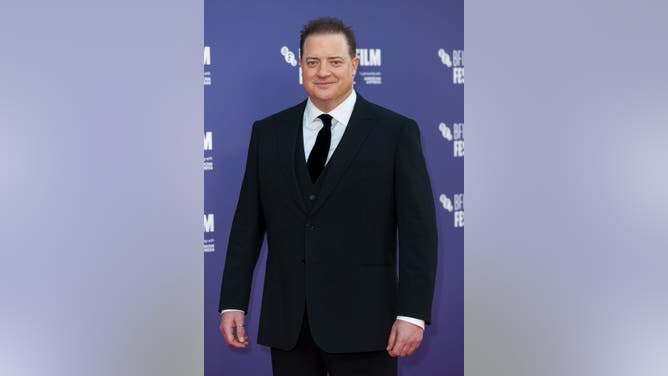'The Whale' Angle Few Are Talking About: It's Anti-Christian
The pre-release hype, and catcalls, for “The Whale” gave the drama plenty of free publicity.
It’s Brendan Fraser’s comeback story, many cried, even if the 54-year-old’s resume boasts at least one new project over the last half dozen years.
Others decried the film, depicting an obese man whose weight keeps him confined to his home, as Fatphobia 101. They cite scenes in which Fraser’s character is shown nearly naked and in unflattering predicaments a la TV’s “My 600 lb. Life.”
The film itself is over-performing at the box office by modern standards – roughly $6 million on 600+ movie screens, according to Box Office Mojo. Many Oscar-bait films have failed to make that number on far more screens nationwide.
What the culture at large, including film critics, are downplaying about the film is clear. “The Whale” is an anti-Christian screed which embeds that loathing in nearly every aspect of the film.
Story spoilers ahead:
Fraser’s Charlie is visited by a stranger early in the film. Played by Ty Simpkins, the character is a missionary named Thomas who tries to make Charlie, who is gay, see the spiritual light. Had Simpkins lingered, and then left, the inclusion wouldn’t be worth mentioning.
Except Thomas returns to Charlie’s home repeatedly during the film. And that’s not Thomas’ only connection to the story. Turns out the church he belongs to has a direct connection to Charlie’s late partner.
That church’s strident views on homosexuality led to the character’s death, an angle the film hammers home in various ways. The partner's passing is a crucial part of Charlie’s back story and a reason why he may be gorging himself to an early grave.
Another character, played by Hong Chau, is Charlie’s closest friend. She, too, has ties to Thomas’ church and repeatedly excoriates faith as a result.
The dialogue is on the nose and unrelenting. You can’t miss it.
Dramas have every right to explore organized religion and, if the story demands, critique faith in compelling ways.
'The Whale' Was Released In Early December
What we see in “The Whale” is more than that. It’s angry, punitive and clearly a vital element of the story. Yet that angle got little attention during the film’s wave of pre-release hype, nor has it been highlighted in many reviews. The Wall Street Journal's critique is an overt exception.
The irony is easy to see. The film asks us to be more empathetic to those who struggle with both weight and homosexuality, both conveyed with conviction by Fraser’s performance. Yet there’s zero empathy for those who find solace in religion.

Brendan Fraser stars in "The Whale". (Photo by Mike Marsland/WireImage).
A third-act plot point targets Thomas in an incredibly cruel manner and offers the only glint of warmth to the religion bashing.
Director Darren Aronofsky didn’t pen “The Whale.” It’s based on a play by Samuel D. Hunter, who adapted the material for the film. The acclaimed director’s stance on religion is a recurring motif in his work and Hunter changed Thomas from a Mormon to a Christian for "The Whale."
In 2014, Aronofsky delivered “Noah” with Russell Crowe and Jennifer Connelly. The director described his vision as the “least-biblical biblical film ever made” and hoped it would help combat Climate Change.
The film opened with a strong $43 million at the U.S. box office but quickly sank as audiences realized it lacked a spiritual component many expected.
Aronofsky's 2017 bomb “mother!” evoked faith in dark and disturbing ways. The liberal Salon.com called that film’s angle as, “religion as misogyny and sadism.”
So why are so few “Whale” watchers ignoring the film’s stern assault on religion? Have these attacks become so mainstream we barely recognize their anger? Or does the press fear that angle might hurt the film’s box office chances?